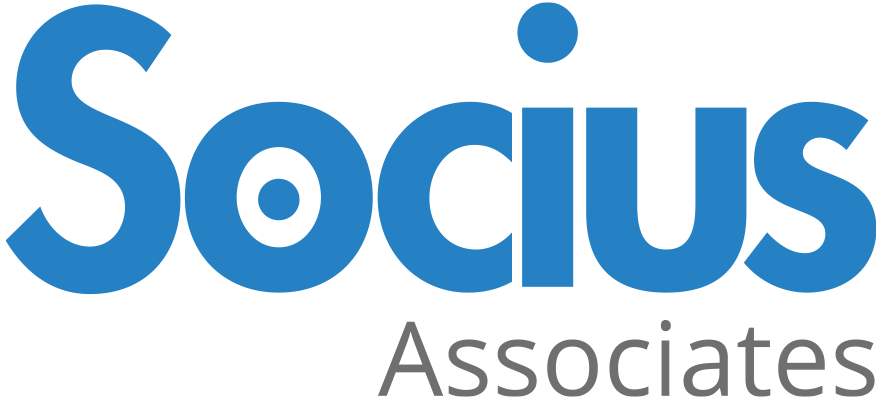When coaches are really mentors
It appears that the terms coach and mentor are becoming increasingly interchangeable. Attend any business network and you’ll meet a business coach, who on closer inspection turns out to be a mentor instead. They define their practice by their business experience and work with clients who are specifically interested in benefiting from their industry expertise.
Let me clarify how I distinguish the two in my own practice, so it’s clear where I stand on this.
Mentors…
…are centered on the needs and interests of the mentee, who seeks out the mentor for their expertise and knowledge in a specific area.
The mentor’s role is to convey advice and knowledge, and offer encouragement and support in a safe, confidential manner to the mentee. Conversations are focused on specific questions and can be quite task oriented at times. The relationship can continue over long periods of time, sometimes with long pauses.
Coaches…
…help clients through focused conversations aimed at working with the coachee’s question(s) to achieve an objective they set themselves. The contribution of the coach is to bring deep knowledge of the processes that help and hinder individuals (and groups) get clarity on their objectives and the obstacles to overcome along the way.
Coaches rarely give advice of any kind. In fact, more often than not coaches do not even share the professional background of their coachee. Even so, the coach might suggest some reading or using a tool; this type of guidance is always focused on the process of development itself.
Coaching relationships tend to be time-limited with the number and frequency of sessions decided up front in the majority of cases. This does not mean that coachees never return to their coach for a new series, though!
Does it matter which is which?
Mentors are advisors, who contrary to a consultant, are not going to deliver solutions themselves or implement anything on behalf of the client. It only gets confusing when a prospective client is clear about not needing consultancy but just the advice, and overlooks the option of specifically searching for one or more mentors.
For coaches such as me it can be a little frustrating to see our profession assumed in a way which we do not practise it ourselves, but to be truthful, that situation offers me an opportunity to explain in more detail what it is I do do when I am coaching. And since there are huge differences between coaches and the focus of their practice too, there is a lot to explore with a prospective client anyway.
It matters to understand the differences
Personally, I do wish to explain what makes mentors different from coaches, especially since I am both. But even if I secretly prefer the distinctions to be clear to everyone, being able to explain my practice and finding out what a prospective client is interested in as a result is always a good thing.
What do you think?

